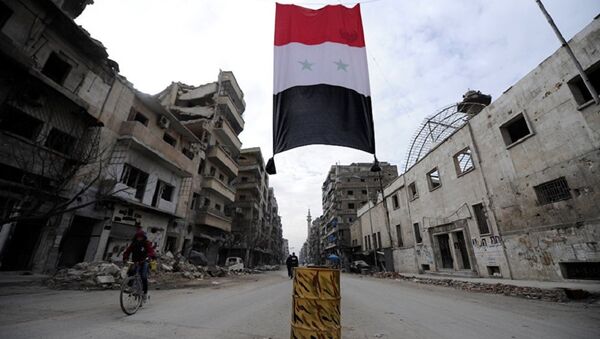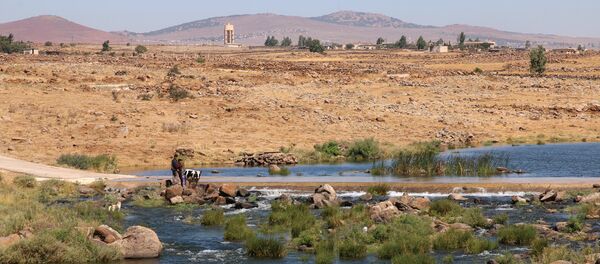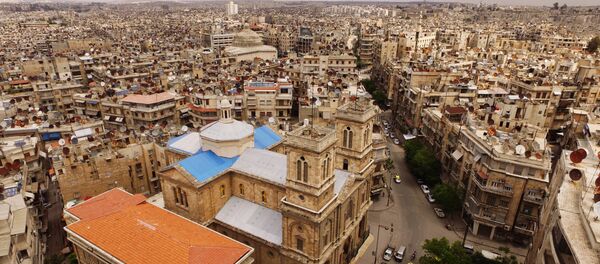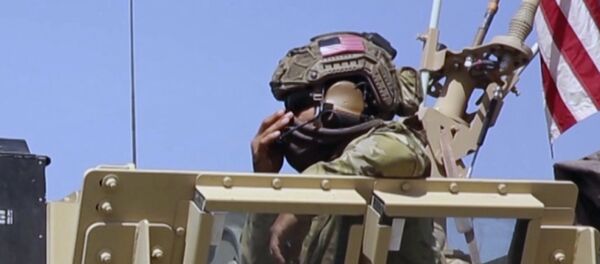"They agreed on a memorandum on the establishment of a de-escalation zone in southwestern Syria: in Daraa, Quneitra and Suwayda provinces, which will have a ceasefire in force from midday, Damascus time, on July 9," Lavrov told journalists.
The Russian foreign minister noted that Moscow and Washington have pledged to ensure the implementation of the ceasefire.
As of July 9, there are no registered violations of the ceasefire regime in Daraa, Quneitra and Suwayda, a source in Damascus told Sputnik.
"Syrian ceasefire seems to be holding. Many lives can be saved. Came out of meeting. Good!" Trump commented on Twitter.
The current situation with de-escalation zones in Syria has two sides, positive and negative, according to senior research fellow at the Institute for Oriental Studies at the Russian Academy of Sciences, Boris Dolgov.
"The positive side is that combat activities have been suspended and the conflict is frozen. The negative one is that these zones risk turning into de-facto independent enclaves," Dolgov told Sputnik.
"Those areas are de facto out of government’s jurisdiction. They risk turning into enclaves which may become destinations for radical groups. This would create a threat to Syria’s territorial integrity. Moreover, there have been concerns over Washington’s plan to not to turn over control over opposition-held areas to Damascus," Dolgov pointed out.
He underscored that the implementation of the new ceasefire will mostly depend on external forces that support armed groups in Syria.
He added that since the beginning of the crisis in 2014, some countries have had plans of dividing Syria.
"I guess those plans are still in action. This is why a ceasefire is one thing. But preserving Syria’s territorial integrity is the most important and, at the same time, the most difficult thing," the expert concluded.
Russia and the US have backed opposing sides in Syria's six-year-conflict, with Moscow supporting the forces of Syrian President Bashar Assad and Washington backing rebel groups that demand he step down.
Russia, Iran and Turkey are guarantors of the Syrian ceasefire regime, having signed a memorandum on the establishment of four safe zones in Syria that came into force on May 6.





